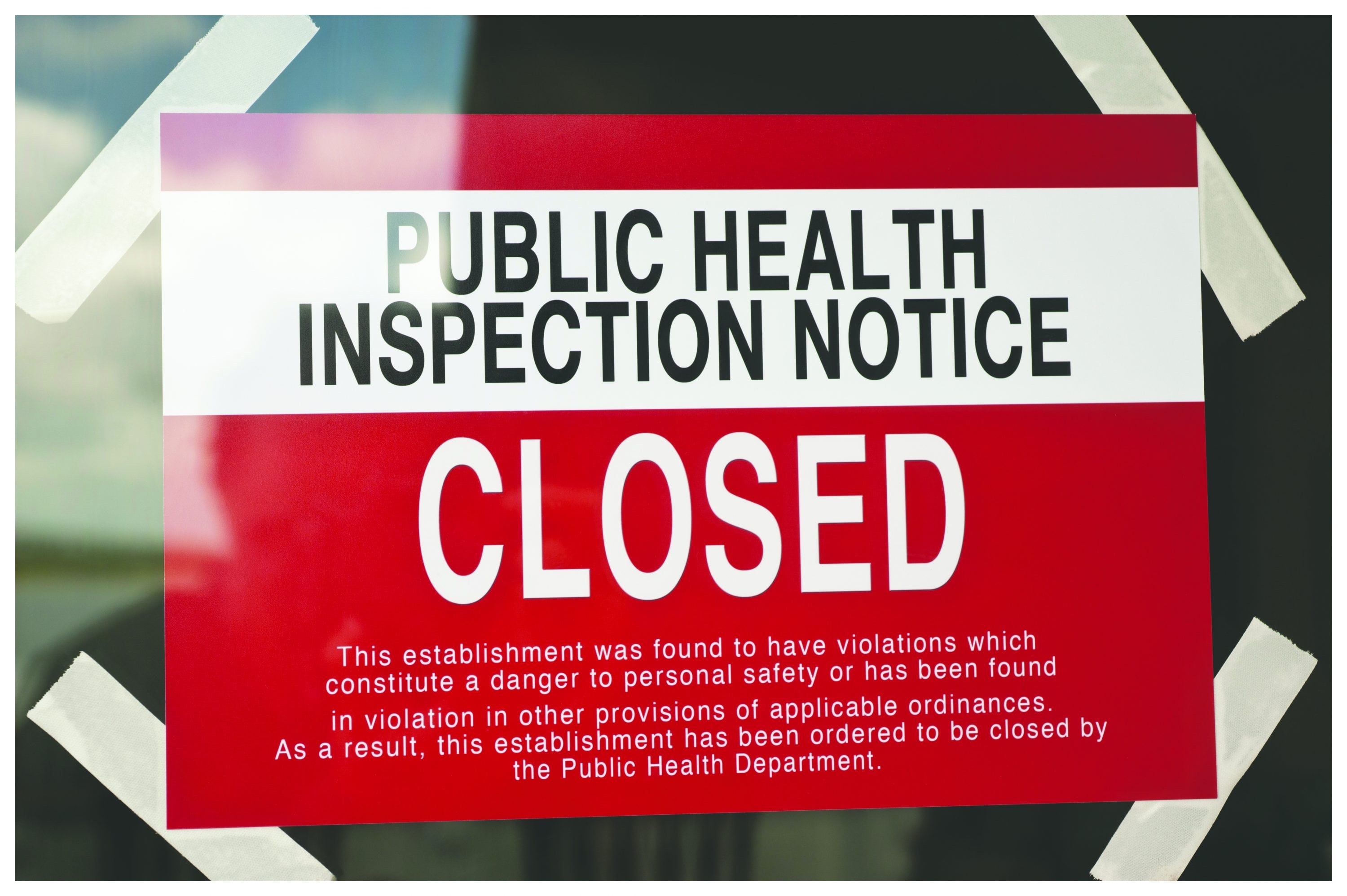News provided by Houston Health Department
When dining out, Houstonians expect their food to be safely prepared in a clean environment. That’s why the Houston Health Department (HHD) routinely inspects more than 14,500 food establishments for compliance with regulations designed to protect the health and well-being of customers.
This September, in the spirit of National Food Safety Month, HHD Consumer Health Services highlights five ways to help prevent food poisoning while dining out.
- Look for a valid permit. Any place that prepares food on-site for individual portion service is required to have a City of Houston Food Dealer’s Permit. This includes restaurants, food trucks, mobile vendors and cafeterias.
The permit is required to be posted where customers can see it and should contain the Houston Health Department logo, the name of the establishment and an expiration date.
“These permits validate an establishment is inspected by our sanitarians to ensure it meets the requirements to safety prepare and serve food,” said Renee Beckham, HHD Chief Sanitarian.
- Check inspection results. Food service establishments are inspected at least twice annually based on criteria established in the Texas Food Establishment Rules. Inspections may occur more frequently based on an establishment’s risk level, violations and complaints.
HHD performs approximately 37,250 food service inspections annually. Inspection results are posted online and can be found at houstonhealth.org.
“Violations vary depending on severity,” Beckham said. “Some violations can be corrected on-site, others require follow-up inspections and others could result in the immediate closure of an establishment while the issue is addressed.”
- Check for cleanliness. The first indication of a restaurant’s overall cleanliness is the exterior. Look around to see if the building and grounds are well maintained. Once inside make sure the tables, utensils and dishware are clean. Servers should be well-groomed and wearing clean uniforms. Restroom cleanliness also offers insight into a restaurant’s overall sanitation.
“Depending on the type of food establishment, you can get a pretty good feel of its overall cleanliness as soon as you walk in,” Beckham said. “Filthy floors, dirty tables and even odors are sometimes a hint that the kitchen may be in the same condition.”
- Be cautious with raw or undercooked food. Raw meat, poultry, eggs and seafood may carry bacteria that can cause illness, especially with those who have medical conditions. Proper thorough cooking kills potentially harmful bacteria. If your food is undercooked, send it back.
- Be careful with leftovers. Taking food to go is perfectly safe if you’re careful. Remember to refrigerate within one hour to two hours. Leftovers should be eaten within three to four days.
Complaints
HHD investigates food safety and foodborne illness complaints related to food service establishments.
Please be prepared to offer a thorough explanation of the concern, including the name of the establishment and the time you visited. It’s important to also provide your contact information so a sanitarian can follow-up as needed.
If you think you’ve become ill from eating at a restaurant in Houston, it’s important to quickly report it to HHD. Prompt reporting offer the best chance at determining the source.
When you file a foodborne illness complaint, be prepared to offer information about your symptoms, what and where you recently ate and if you’ve seen a doctor.
Complaints may be reported HHD Consumer Health Services by submitting a complaint online at houstonhealth.org, emailing chs@houstontx.gov, or calling 832-393-5100 during business hours.
Visit houstonhealth.org, facebook.com/houstonhealth and twitter.com/houstonhealth for additional food safety information throughout September, National Food Safety Month








